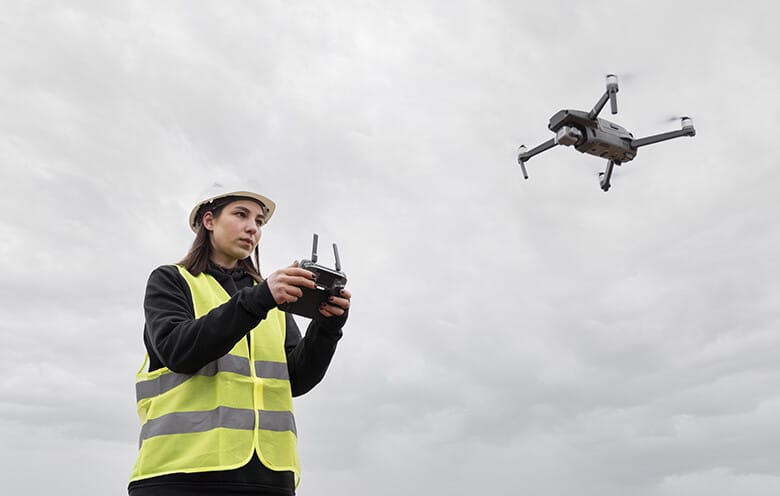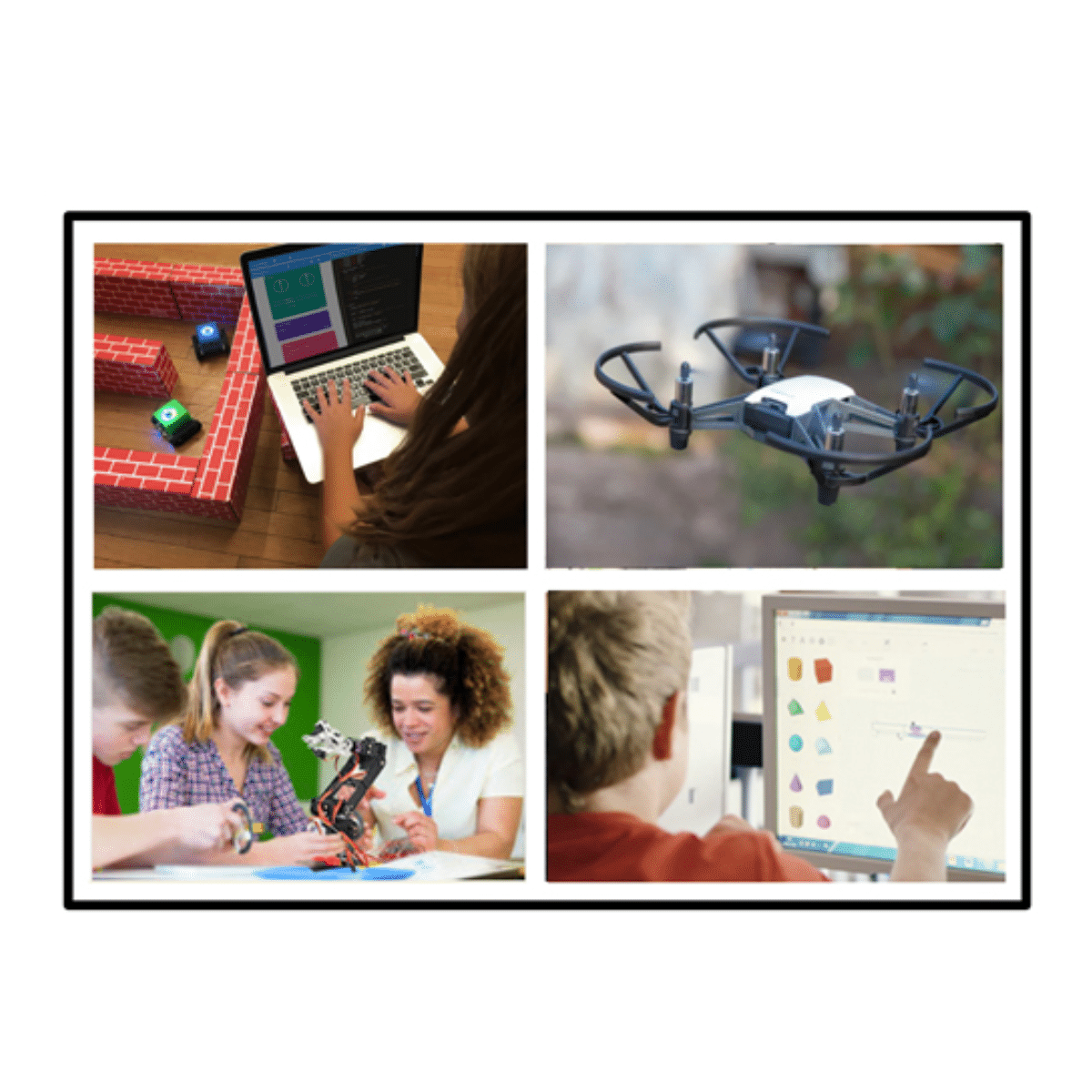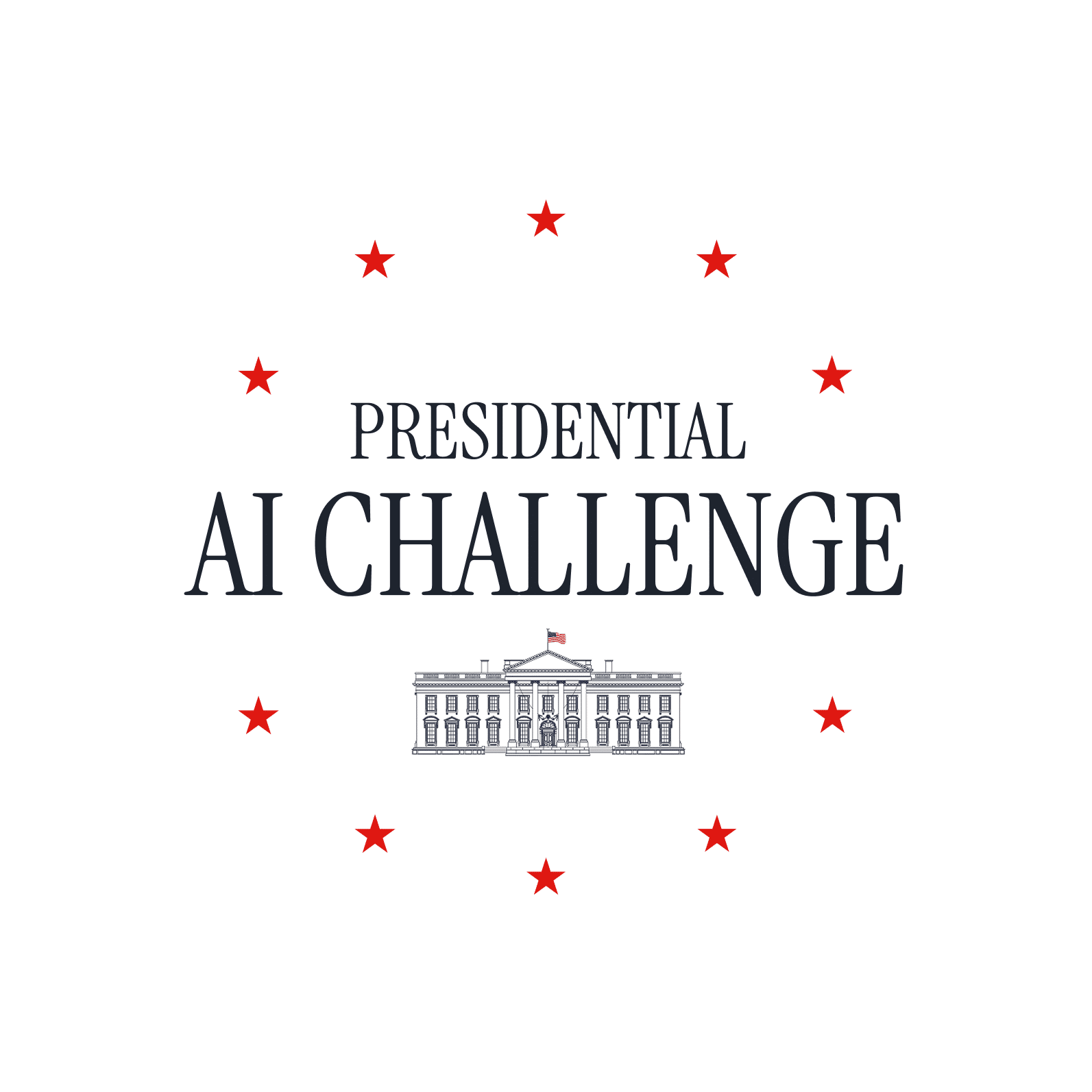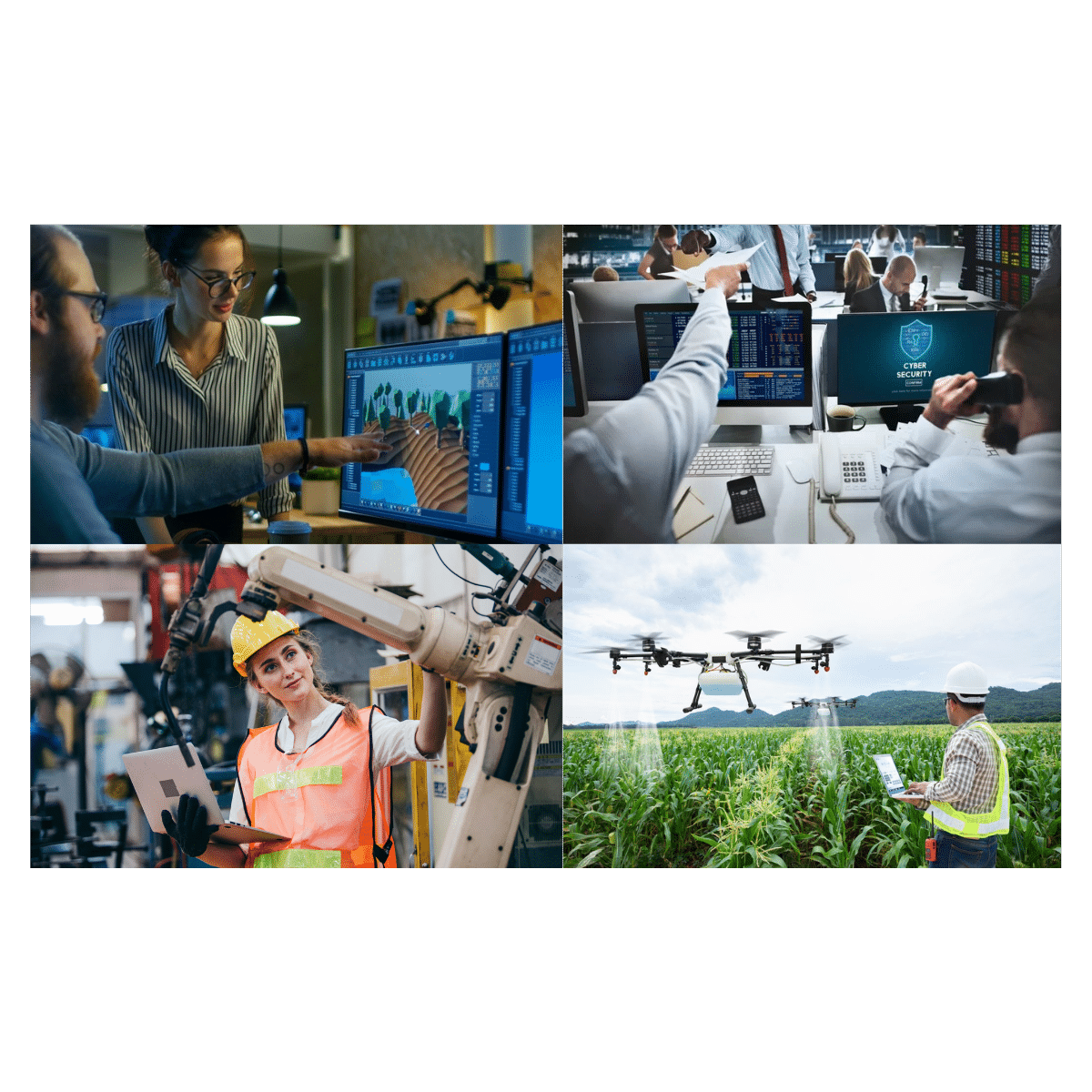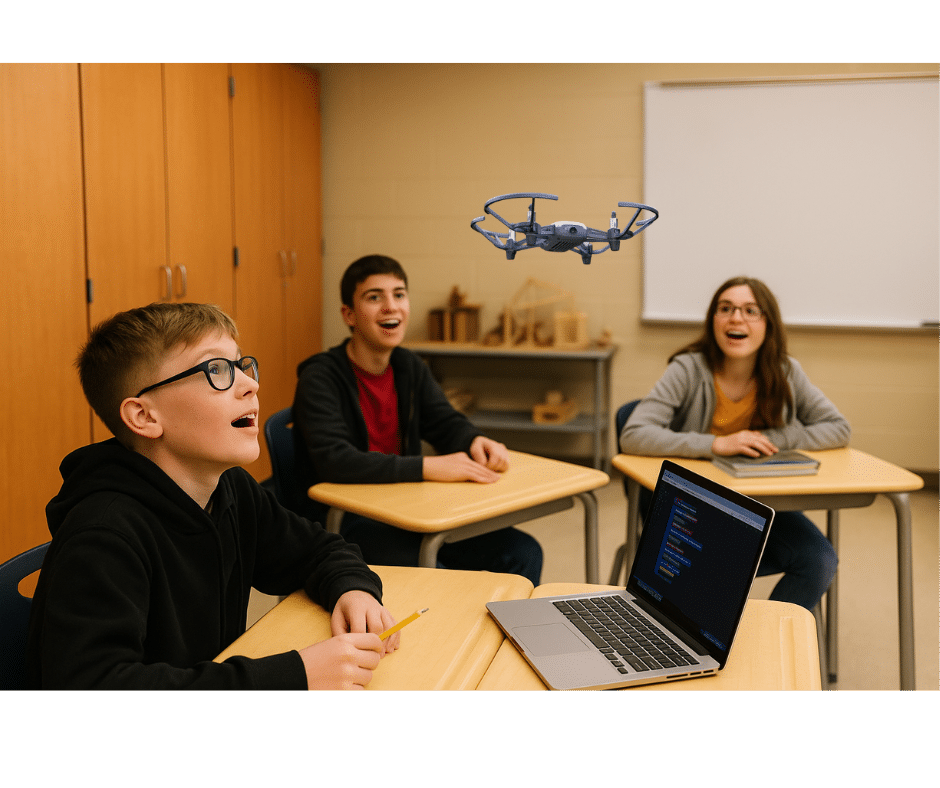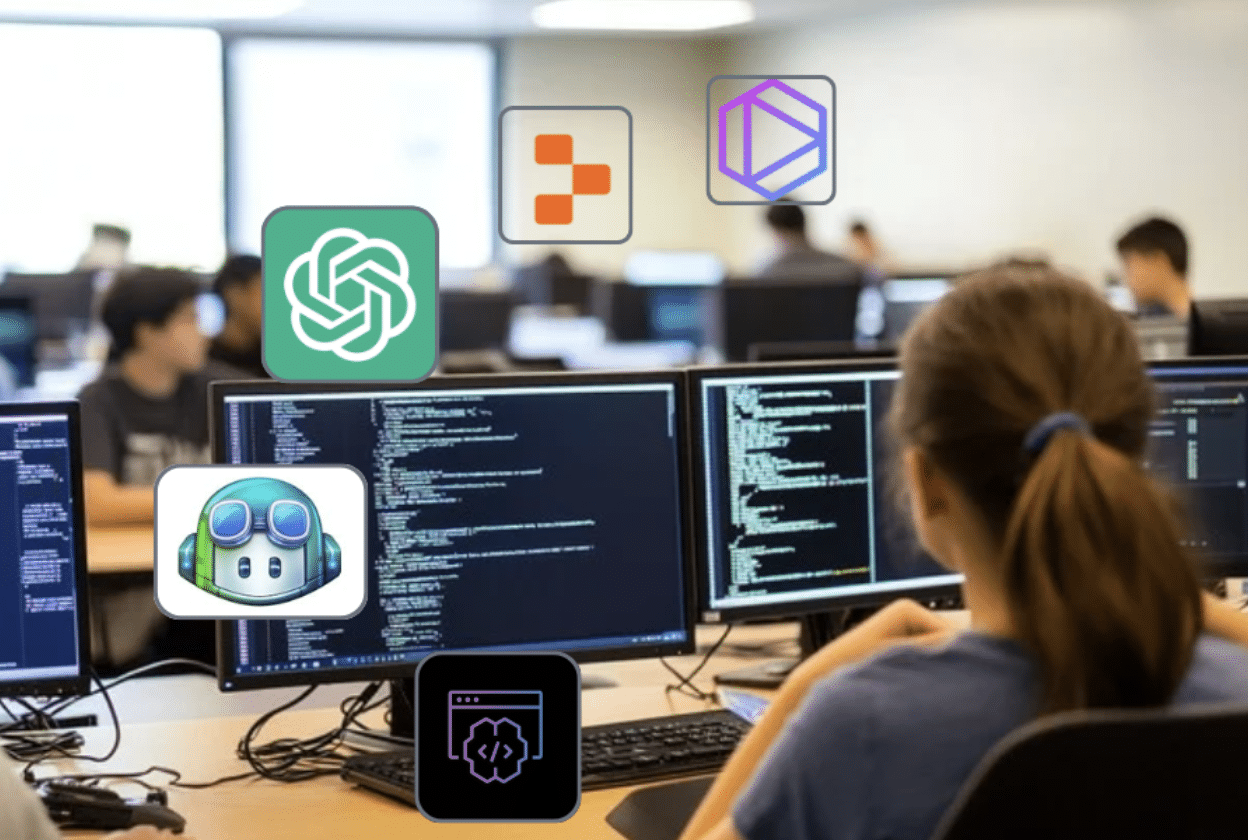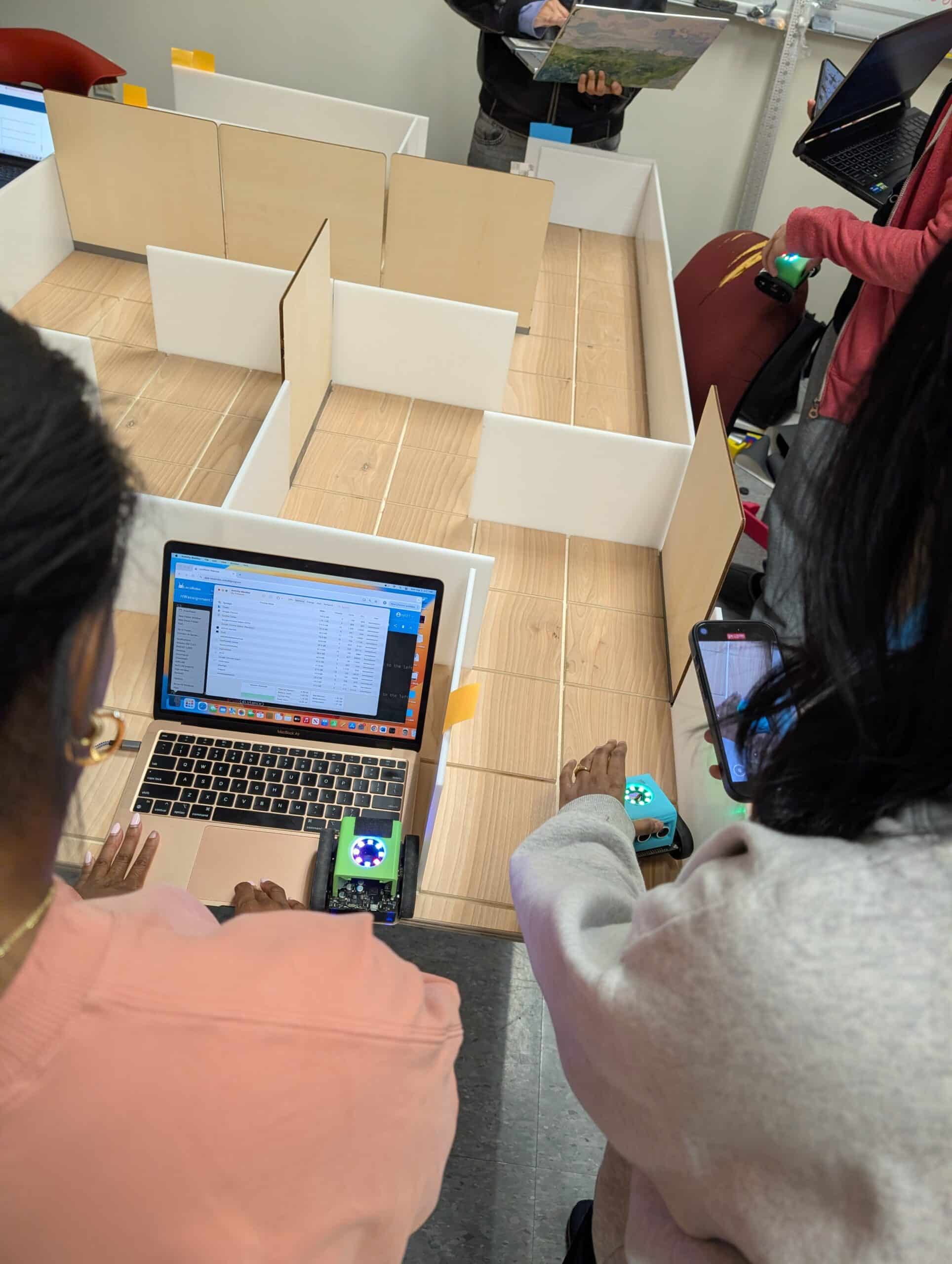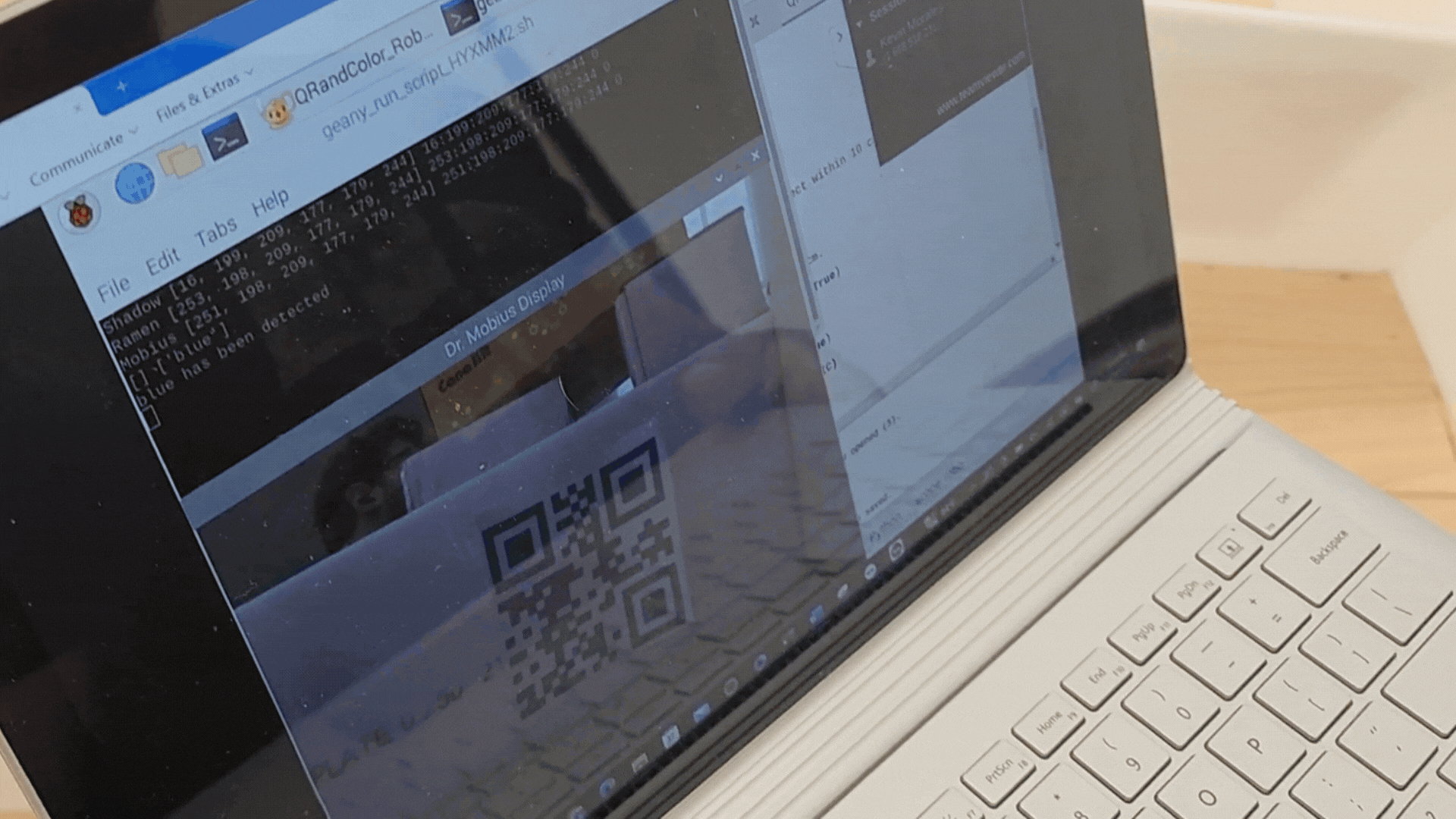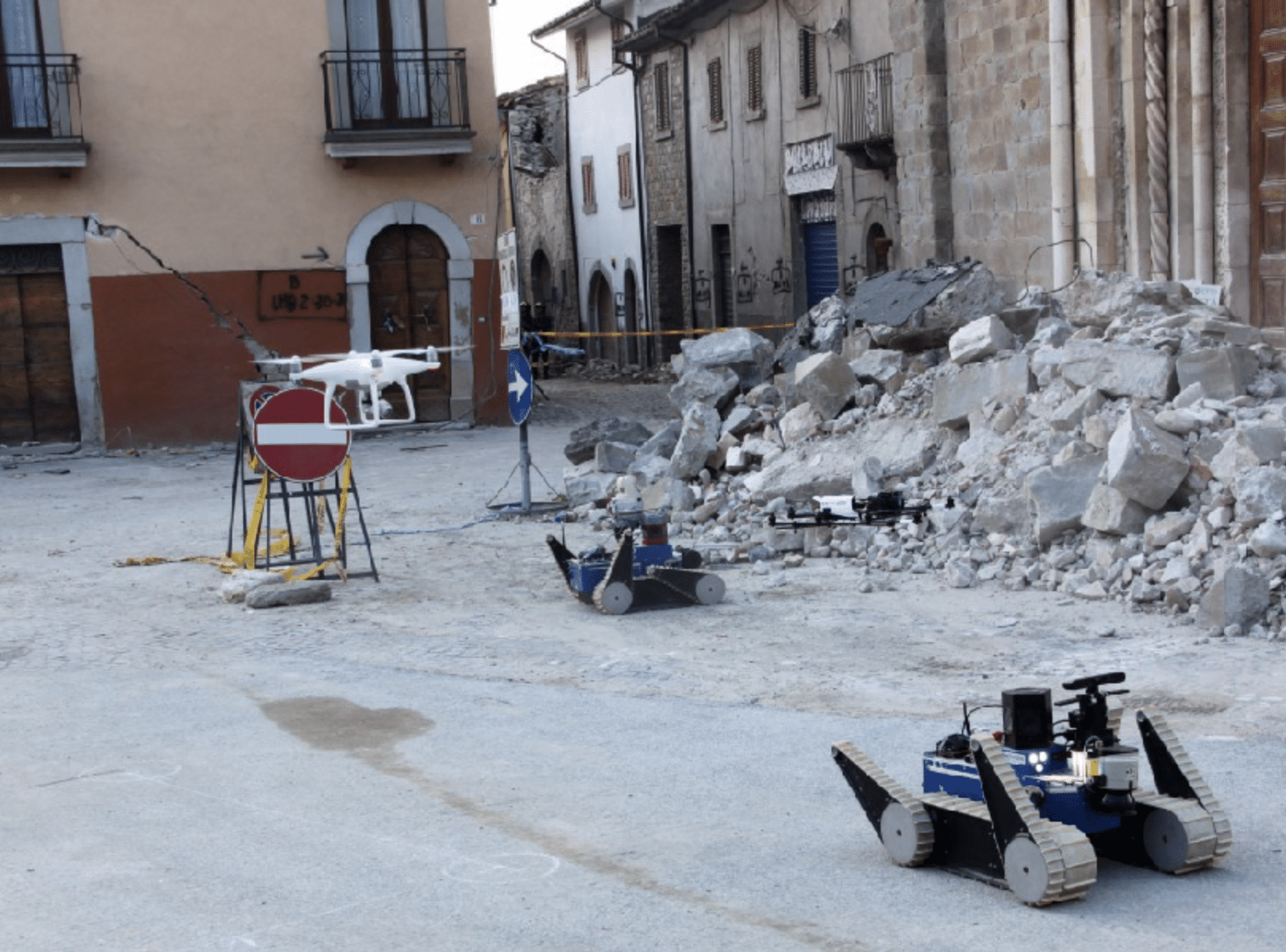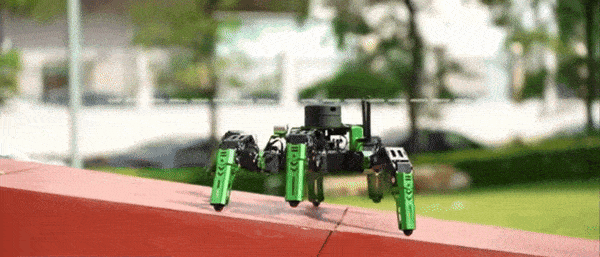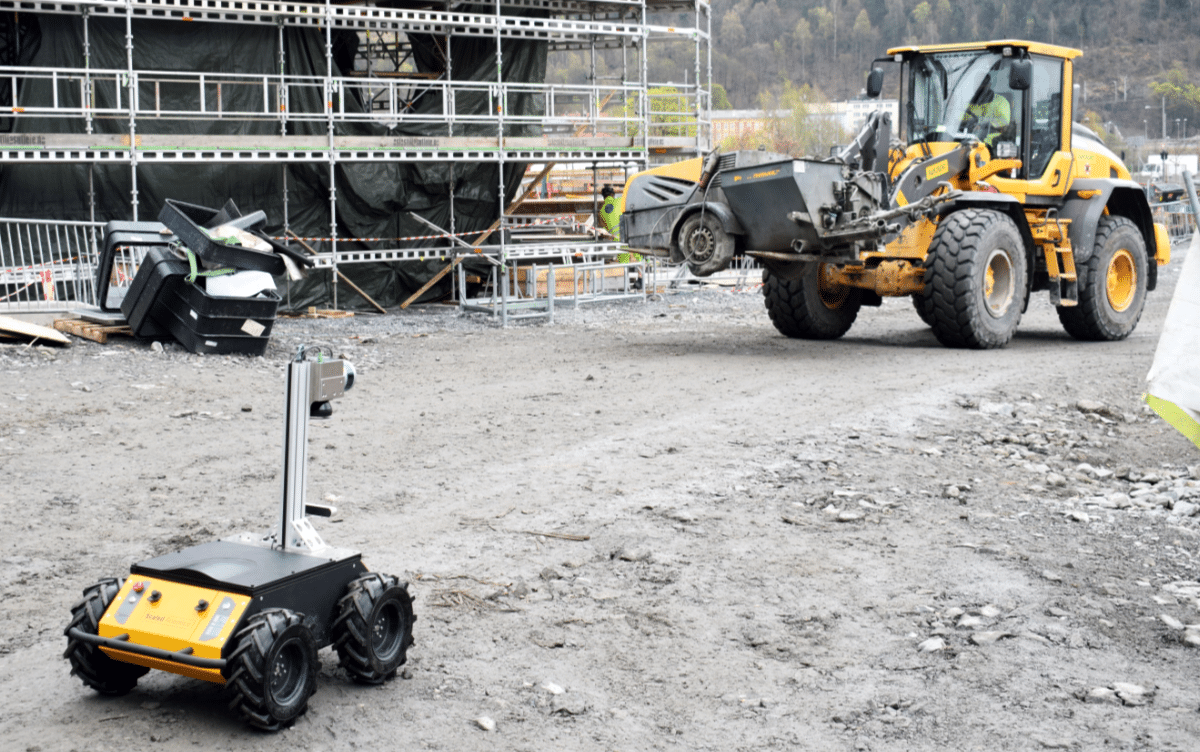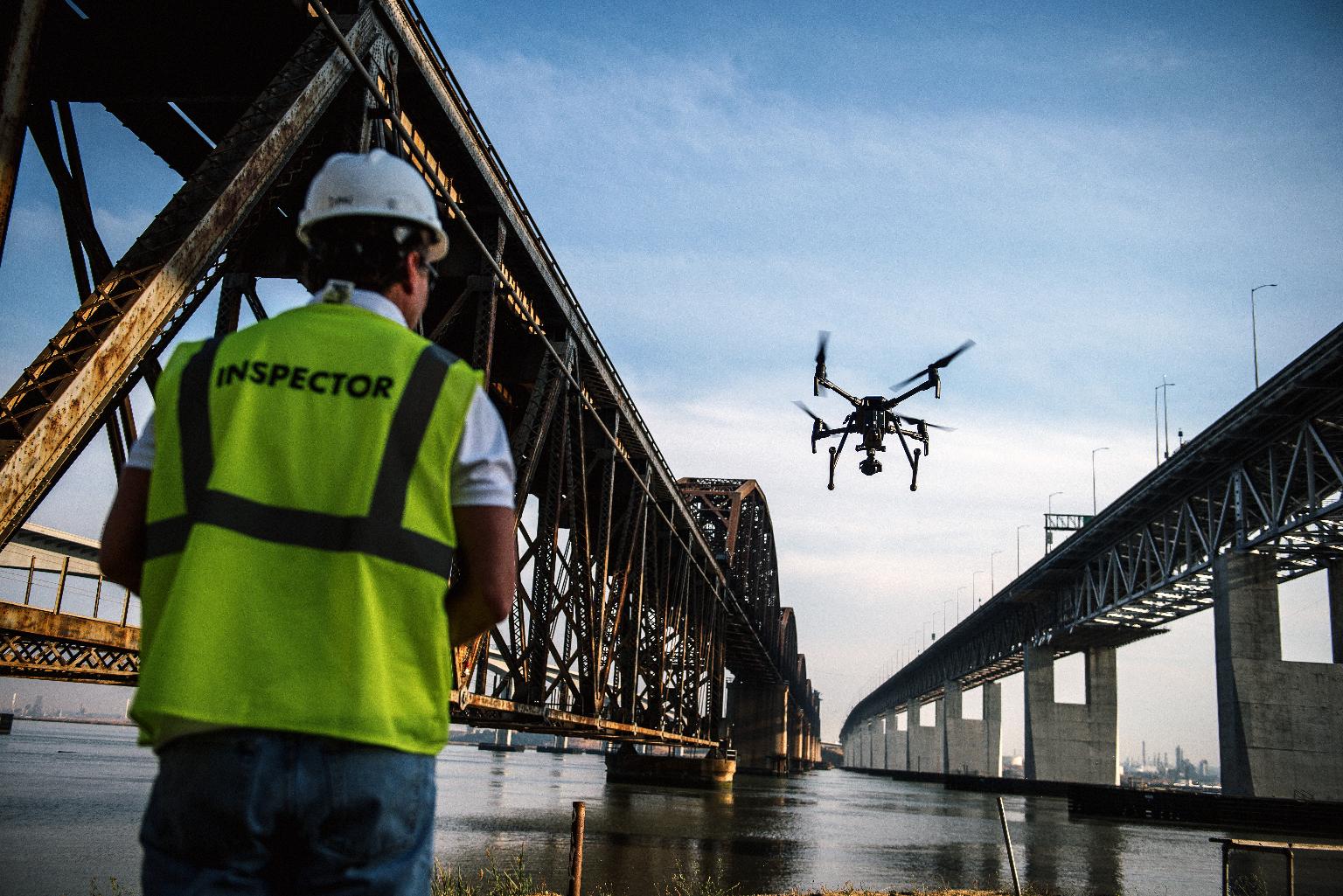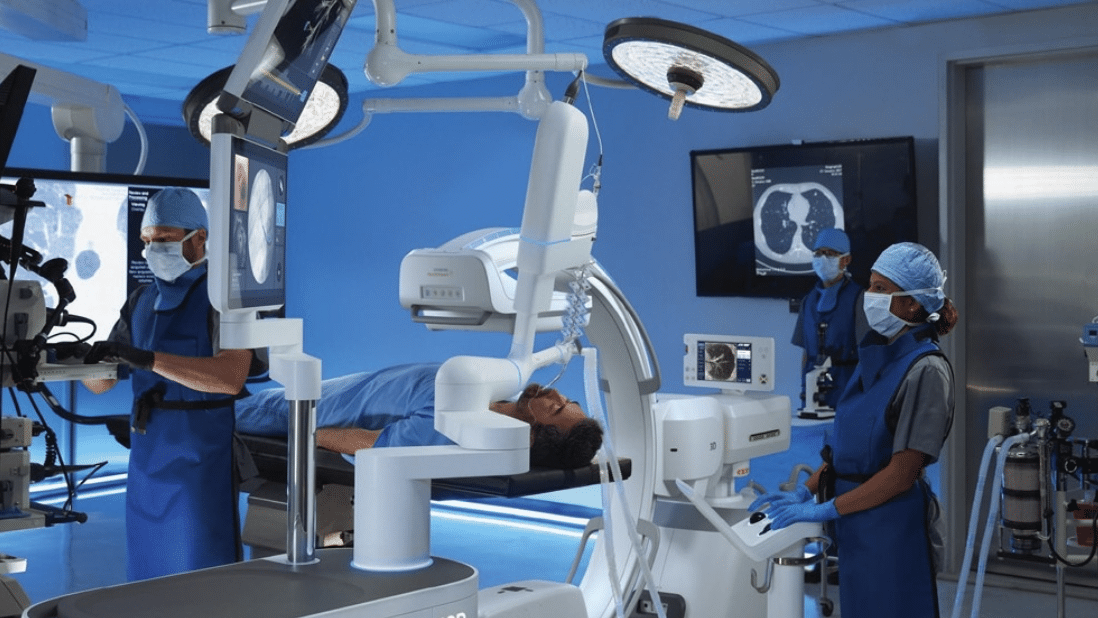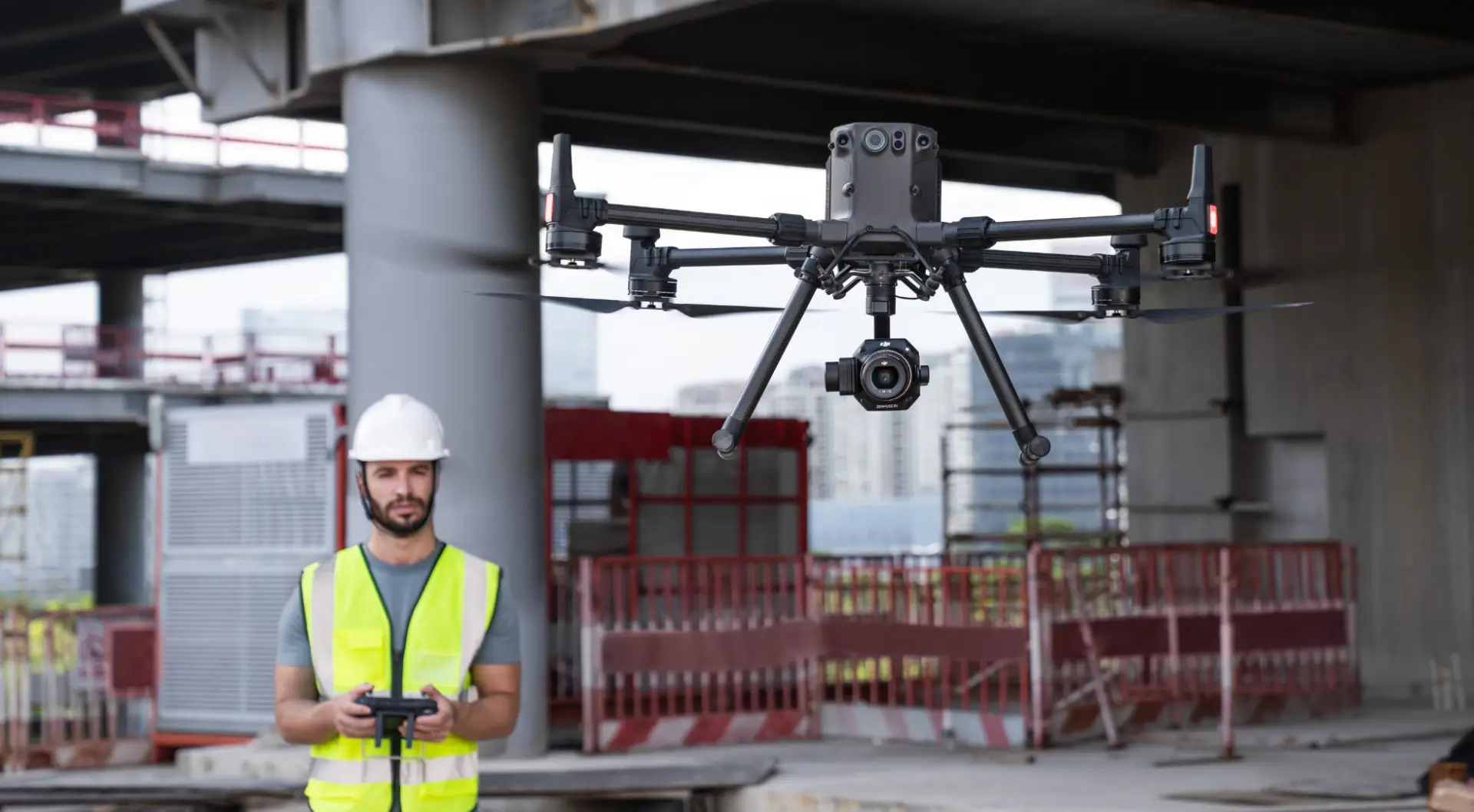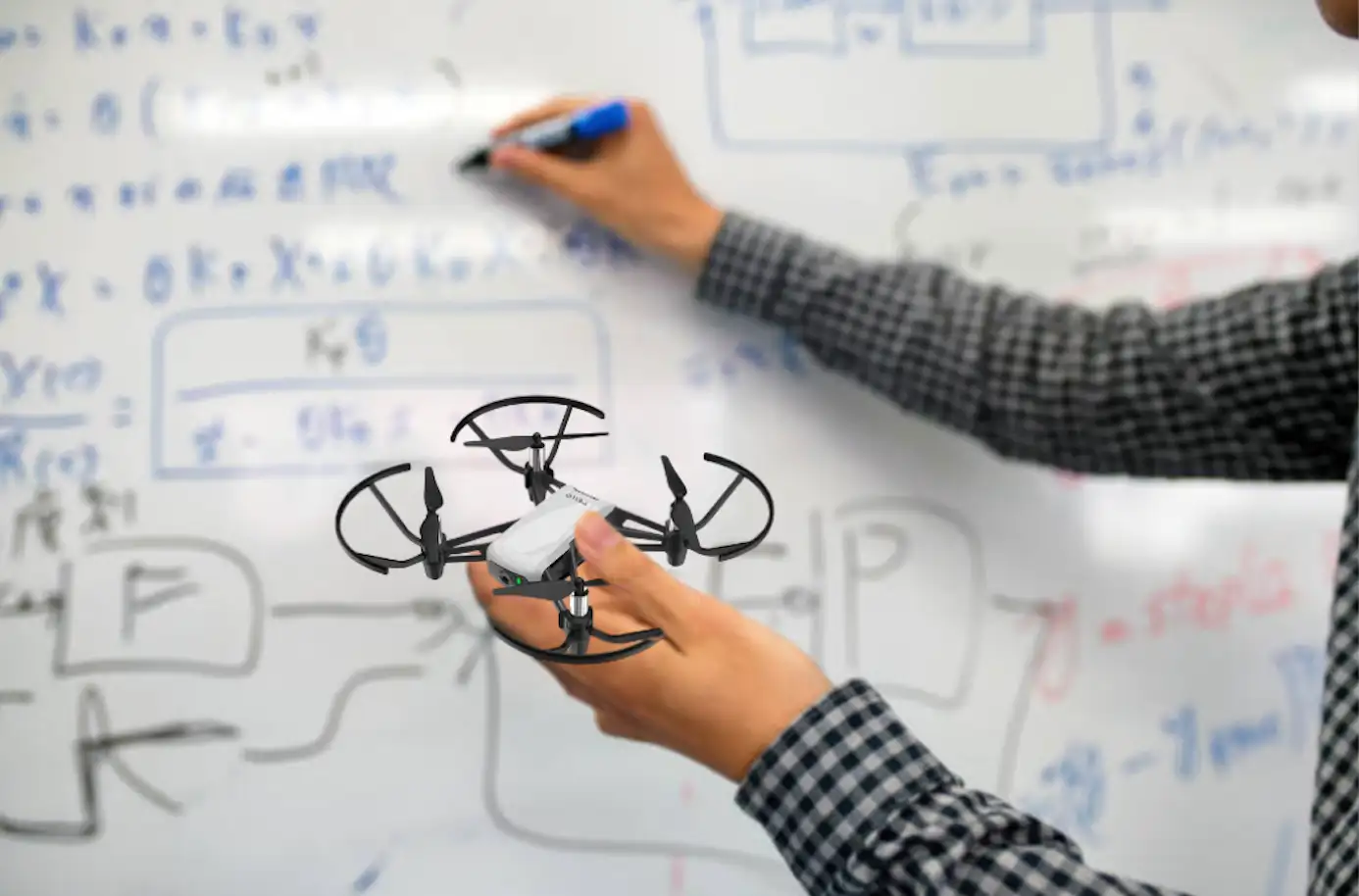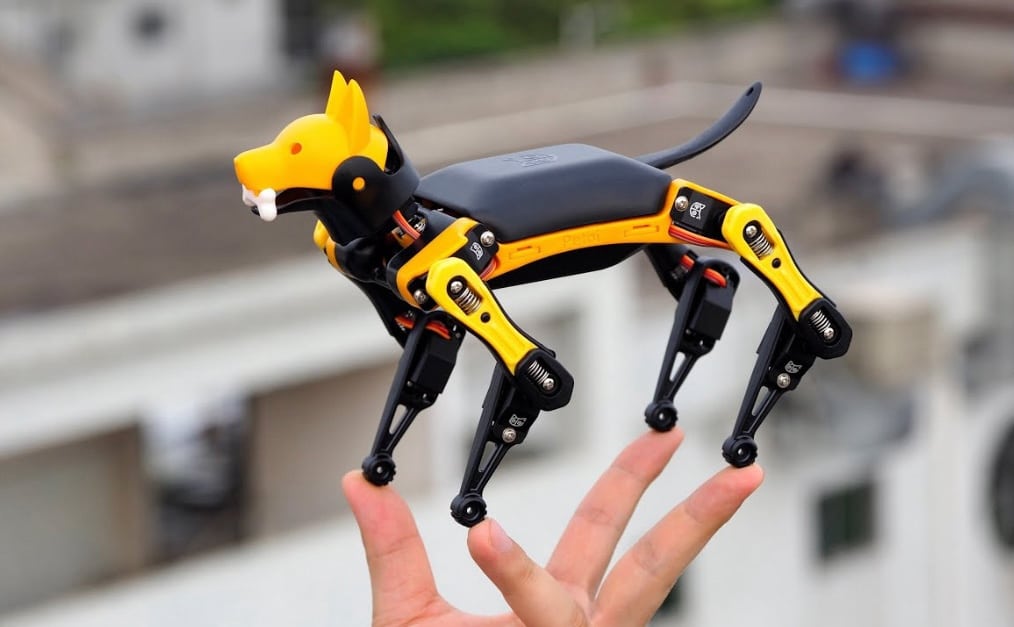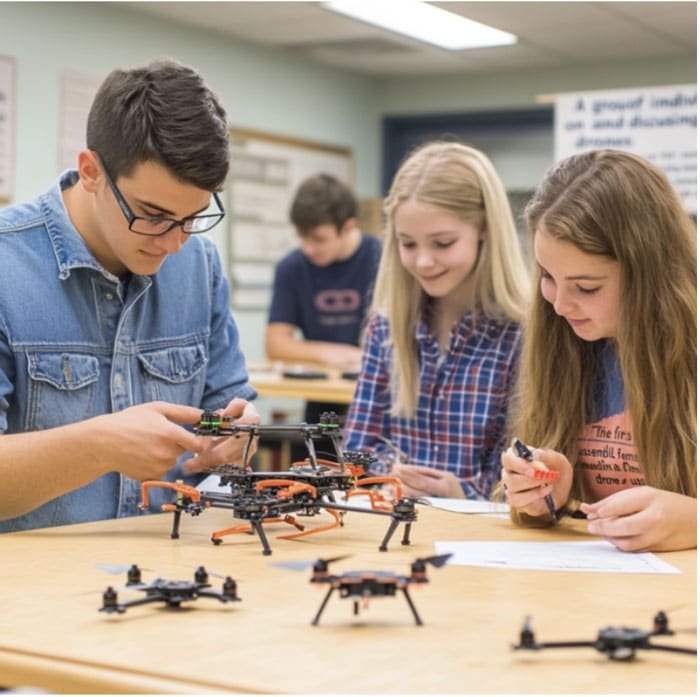As drones continue to reshape industries, the demand for skilled pilots and drone technology experts is soaring. The global drone market, valued at $20.8 billion in 2021, is projected to reach $1.2 trillion by 2030. From public safety and logistics to environmental monitoring and infrastructure inspection, drones are becoming indispensable across multiple sectors. For high school students, this emerging field presents a unique opportunity to gain industry-recognized drone ertifications, positioning them for future success in STEM careers.
The FAA Part 107 Certification: A Key Credential for Drone Careers
The FAA Part 107 certification is essential for anyone looking to operate drones for commercial purposes. While traditionally pursued post-high school, students now have the opportunity to earn this credential before graduation, giving them a head start in the workforce.
A structured high school drone curriculum helps students prepare for the Part 107 exam while gaining hands-on experience in:
- Flight Training: Practical application of drone operations, including maneuvers, safety protocols, and mission planning.
- Technical Skills: Understanding drone components, maintenance, and troubleshooting.
- Regulatory Knowledge: Mastering FAA regulations, airspace classifications, and compliance requirements.
By obtaining a Part 107 certification while still in school, students gain a competitive edge in fields like aerial surveying, drone cinematography, precision agriculture, and more.
CTE and STEM Integration
CTE programs emphasize real-world skills, bridging the gap between classroom learning and career readiness. Drone certification aligns perfectly with CTE pathways in engineering, aviation, and transportation.
Similarly, STEM education fosters the problem-solving, critical thinking, and technical expertise needed for careers in emerging technologies. By integrating drone certification programs into STEM and CTE courses, schools empower students with both industry-recognized credentials and foundational knowledge ensuring they are workforce-ready upon graduation.
The Future of Drone Technology and Career Pathways
The impact of drones extends far beyond recreational flying. Certified drone operators are in high demand across industries such as:
- Public Safety: Assisting in search and rescue, disaster response, and law enforcement.
- Infrastructure Inspection: Conduct assessments of roads, bridges, and power lines.
- Environmental Monitoring: Tracking wildlife, deforestation, and climate change patterns.
- Transportation and Logistics: Enhancing drone delivery and autonomous transport systems.
As drone regulations continue to evolve and technology advances, the career opportunities in this sector will only expand.
LocoRobo: Equipping Students with Industry-Ready Skills
At LocoRobo, we support educators in preparing students for in-demand careers through hands-on drone education and certification preparation. Our drone education programs includes:
- FAA Part 107 Exam Readiness with engaging lessons, interactive quizzes, and practice tests.
- Hands-on Learning with Programmable Drones, ensuring students gain real-world flight and drone coding experience.
- Interdisciplinary Applications, aligning drone technology with engineering, AI, and data science concepts.
- TryDrones Competition-Based Learning, where students build, program, and pilot FPV drones in competitive scenarios, honing their manual piloting skills and preparing for real-world drone applications.
Schools provide students with a clear pathway to high-paying, future-ready careers by integrating drone certifications into classrooms. Learn more about how our FAA Part 107 certification program helps students build industry-relevant skills.


